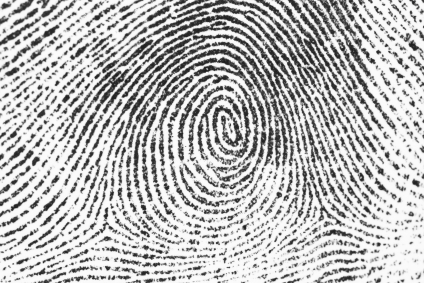The criminal justice system was on ‘the brink of collapse’ with ‘every part of the process floundering’, according to a new report by the solicitors’ representative group.
The Law Society argued that legal aid means test was set at such a level that it prevented people on low incomes and many in poverty from accessing legal help. According to a 2018 survey, three-quarters of the public (76%) agreed that ‘people on low incomes should be able to get free legal advice’. The group reckon that people earning between £12,475 and £22,325 a year could be ineligible for legal aid in the magistrates’ court and could be forced to pay contributions towards their legal costs in the Crown Court. People earning more than £22,325 would not qualify for legal aid in the magistrates’ court.
According to the solicitors’ group, the requirement to contribute financially was ‘pushing people well below the minimum income standard’ as identified by the Joseph Rowntree Foundation as ‘a socially acceptable standard of living’.
People just above these legal aid thresholds were also hit by the so called ‘innocence tax’ – in other words, someone can be found not guilty of a crime and left seriously out-of-pocket because they can only claim back some of their costs at legal aid rates. Prior to 2012, people who were found not guilty could claim back the reasonable costs of their defence. However, the government changed the rules so that they could only claim back costs at legal aid rates. ‘While this may not sound like a serious problem on the surface, low legal aid rates mean that the fees paid by the accused far exceed what they will get back if found not guilty,’ the Law Society says..
The report also flagged court closures and delays in the disclosure of evidence proving someone’s innocence as well as criminal legal aid rates frozen since the 1990s.
‘Since 2011/2012, the Ministry of Justice has lost a quarter of its budget,’ commented Law Society president Christina Blacklaws. ‘This has led to significant cuts to our courts and tribunals, legal advice and representation. This is a system which is, without exaggeration, on the brink of the collapse. For victims and the accused, a journey through the system is akin to a nightmare.’
She argued that those on lower and middle incomes who had to bear the greatest burden. ‘A recent survey found 60% of respondents believe people on low incomes are more likely to be convicted of crimes than wealthy people,’ she said.
Key recommendations
- Legal aid means test needed to be ‘uprated as a matter of urgency’;
- The Ministry of Justice needed to procure independent analysis of the funding required to assure long-term sustainability of the criminal legal aid system;
- Court delays: ‘warned’, ‘block’ and ‘floating’ court lists should be abolished to avoid ‘wasting court time, costs, and anxiety for all parties’;
- Review of legal aid rates; and
- The Defence Solicitor Call Centre could be replaced by an automated system ‘to improve efficiency and reduce cost’.
You can read the report here.







